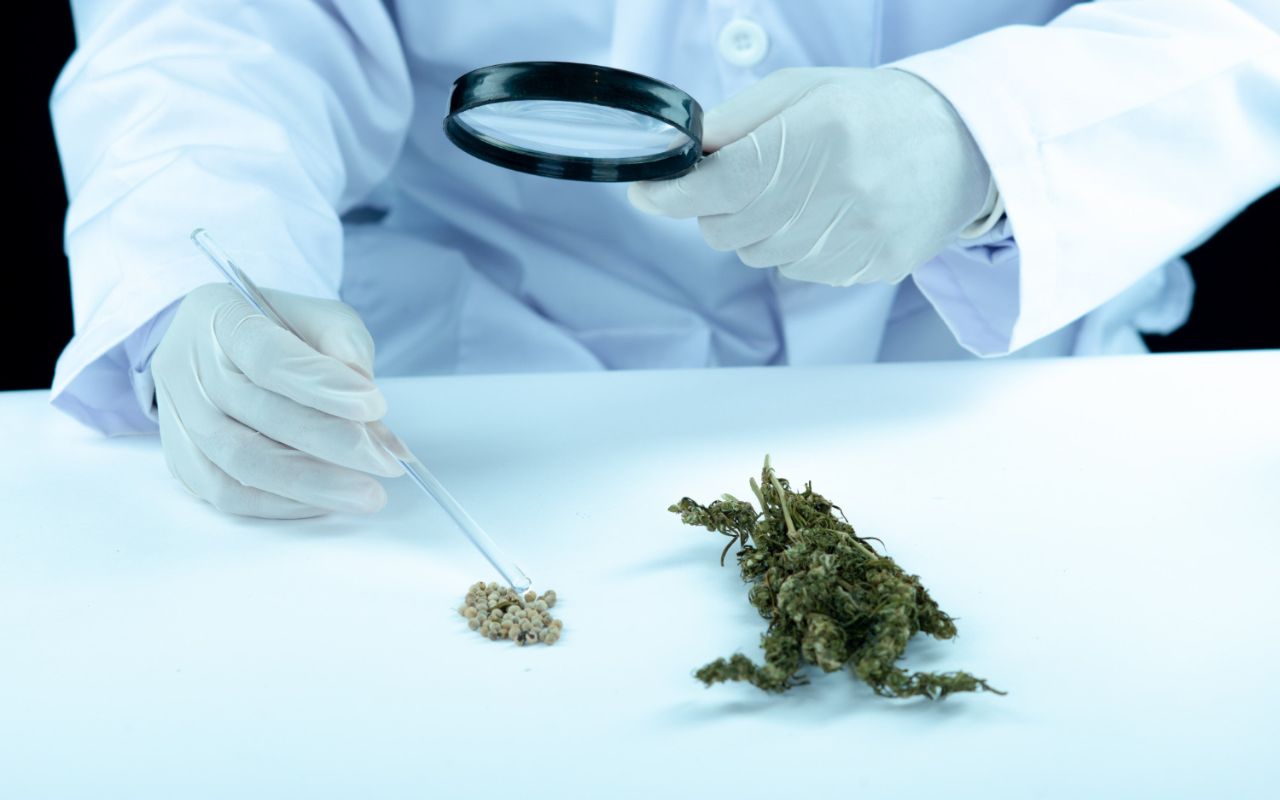Recent Neuroimaging Study Explores Potential Changes in Memory and Emotional Processing
In a pioneering study, neuroscientists have delved into the intricate relationship between cannabidiol (CBD) and brain connectivity, shedding light on its potential influence on key regions associated with memory and emotional processing. Published in Cannabis and Cannabinoid Research, the research investigates whether prolonged CBD use could counteract neurobiological differences observed in cannabis users, particularly in the hippocampus and amygdala.
Understanding the Context: Cannabis, THC, and Mental Health
Past research has linked cannabis use, particularly the psychoactive compound delta-9-tetrahydrocannabinol (THC), to psychosocial issues and mental health problems, including cannabis use disorders, heightened stress levels, depression, anxiety, and psychosis. THC interacts with brain cannabinoid receptors, leading to structural and functional changes in regions rich in these receptors, such as the hippocampus and amygdala. These changes have been associated with various mental health problems, especially psychotic symptoms.
The Potential Role of CBD: An Antagonist to THC
CBD, another compound found in cannabis, is known to antagonize the effects of THC and bind to cannabinoid type 2 (CB2) receptors in the brain and body. The study aims to explore whether CBD could mitigate the neurobiological differences induced by cannabis use, offering potential relief from mental health symptoms associated with THC.
Insights from the Study: Brain Connectivity Changes in Cannabis Users
Conducted by researchers at The Ohio State University College of Medicine, the study recruited 20 recreational cannabis users. Over a 10-week period, participants were administered a daily dose of 200mg of CBD, and their brain connectivity was assessed using functional magnetic resonance imaging (fMRI) scans.
The primary focus was on examining changes in resting-state functional connectivity in the hippocampus and amygdala, crucial regions for learning, memory, and emotional processing. Results revealed significant alterations in connectivity between specific brain regions, suggesting that CBD may influence how these regions interact.
Unexpected Findings: Brain Changes Not Linked to Mental Health Symptoms
Surprisingly, the changes in brain connectivity induced by CBD were not correlated with participants’ mental health symptoms, including depression and anxiety. While the study provides a novel insight into the complex ways in which CBD affects brain connectivity, the implications for mental health remain uncertain.
Considerations and Future Directions
The study acknowledges limitations, such as the absence of a placebo group and a relatively small sample size, predominantly comprising males. The researchers emphasize the need for cautious interpretation, calling for larger, more diverse samples and placebo-controlled conditions in future research to validate and expand upon these intriguing findings.
As the cannabis landscape continues to evolve, this study sparks new avenues for understanding the potential therapeutic role of CBD in mitigating the neurobiological impact of cannabis use on memory, emotional processing, and mental health.



